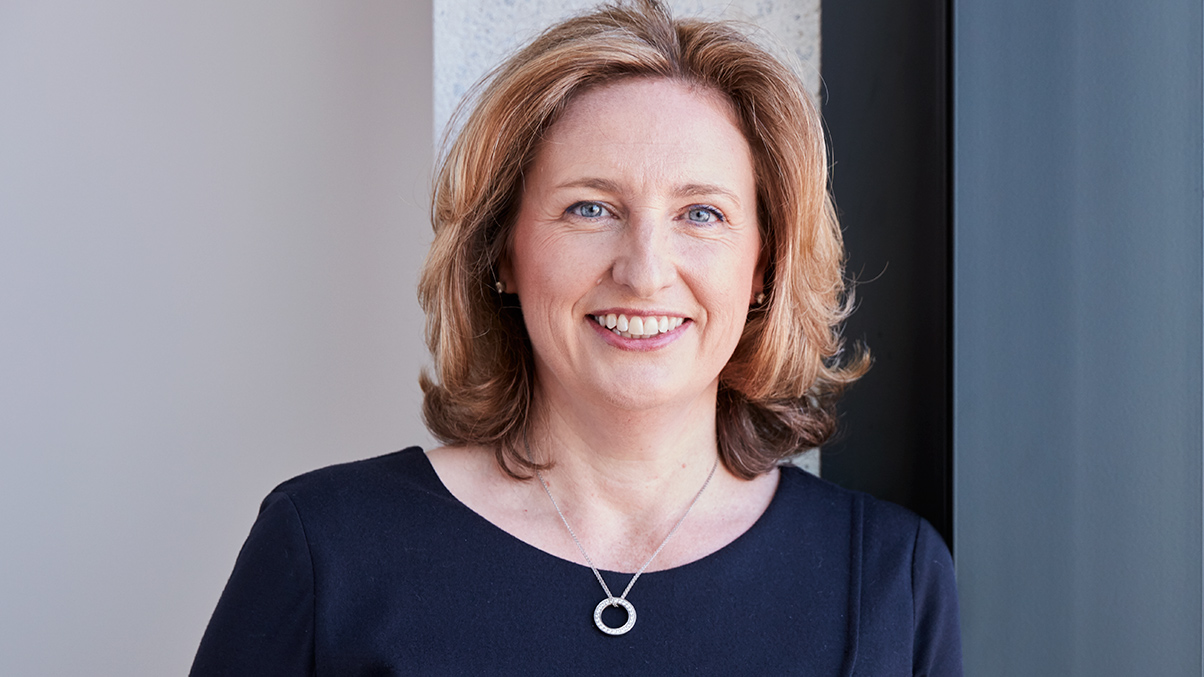Arguments about ‘unequal contributions’ are frequently heard during financial remedy proceedings in an attempt to override the principle that the matrimonial pot of assets shall be divided equally between the parties (the so-called ‘sharing principle’). The English court’s starting point of equality, irrespective of individual contribution, is well known, but what happens when one party’s wealth was made before the parties were married or had even met? Does the sharing principle still apply?
The answer isn’t always black and white, as the recent case of L v L [2021] 10 WLUK 588 demonstrates. In this article, Hannah McCrindle reviews this case and sets out circumstances where a party’s pre-marital contribution will not override the sharing principle.
Background
In this case, the parties had been married for 19 years and had three children together: twins aged 18 and an 11-year-old. The family enjoyed a wealthy lifestyle financed by a commercial property business originally established by the husband’s father. The husband acquired it from him in the 1990s and contributed substantially to its success. He held a 57% share of the business when the parties began their relationship.
In 2016, the parties agreed to a major restructuring of the business shareholdings to mitigate the impact of inheritance tax and provide for their children’s financial security. The business had a net value of around £49m and generated a profit of about £3.2m per year.
The restructuring gave, via shareholdings, a fixed amount of approximately £12m to each of the husband and the wife, held as joint funds in a company set up for this purpose. Both parties considered this to be more than enough to provide for their lifetime needs. The balance was transferred to the children, and all future profits and capital growth would be for their benefit. The restructuring took effect in 2018.
The parties separated in 2019. The wife continued to live in the family home, and the husband purchased a home nearby using funds from the business. The husband also used joint funds to fund his legal costs, though he prevented the wife’s access to their wealth, resulting in her need to take out a litigation loan.
The issues before the judge were as follows:
- Was the husband entitled to a greater share of the couple’s fixed wealth from the business to reflect the greater share he had previously held and contributed to before the couple met?
- Should the husband have purchased his new home via a mortgage instead of using funds from the business, given that repayment of the business funds would have tax consequences that would reduce the couple’s wealth?
- Should the husband compensate the wife for extra costs she incurred due to her having to take out a litigation loan to fund these proceedings?
Judgment
His Honour Judge Booth granted the wife’s application in respect of two of the three issues.
The judge held that in the circumstances of this case, the fair outcome was that the parties should retain their equal shares of the wealth generated by the business, irrespective of the husband’s pre-marital contribution. The husband had the opportunity to fix it in unequal shares, at the time of the business restructuring, had he thought that was fair, but he chose not to. The intention to share in this wealth equally was clear.
The judge also held that the husband’s action of preventing the wife from using their joint funds to pay for her litigation costs could be categorised as litigation misconduct. Accordingly, she was entitled to be put back in the position she would have been in had she spent her own money on her legal fees rather than taken out a litigation loan that carried a high interest rate.
The wife was unsuccessful in relation to the husband’s decision to use business funds to purchase his new home. The judge held that this was entirely appropriate, even though it would reduce the joint wealth available for distribution between the parties, given the tax consequences of this approach as compared to taking out a mortgage.
Partner Adrian Clossick comments:
“While pre-marital contributions can justify straying from an equal division of assets, this judgment is an important reminder that it isn’t guaranteed. Multiple, and often complex, factors can be at play when trying to establish what constitutes marital property and how it should be divided fairly. This case emphasises the importance of the parties’ intentions in determining how family wealth should be apportioned and highlights the impact company restructuring arrangements can have upon divorce.”
Stewarts Divorce and Family Podcast
Season one is now available on Spotify, Apple Music, Google Podcasts and other platforms, or you can listen on the player below. It covers topics including finances in a separation, what to expect in court, alternatives to court, common mistakes that can be avoided and co-parenting after a separation.
The podcast features leading lawyers from our Divorce and Family department and covers a wide range of topics to help individuals, advisors and others understand and navigate the many issues that can arise between a couple on separation. The podcast will cover all aspects of the work carried out by the department, from divorce and financial claims to issues concerning arrangements for their children.
You can find further information regarding our expertise, experience and team on our Divorce and Family pages.
If you require assistance from our team, please contact us.
Subscribe – In order to receive our news straight to your inbox, subscribe here. Our newsletters are sent no more than once a month.






